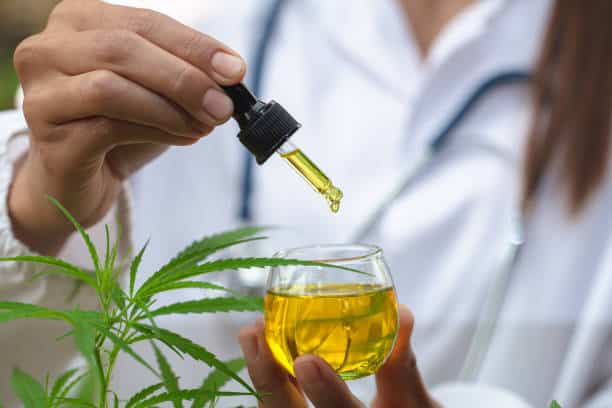Many myths and misconceptions are in no short supply when it comes to plumbing. While some are downright funny, others can actually be harmful to the industry and society as a whole. But it seems that these myths are pretty hard to dispel since they’ve been passed down from generation to generation and have been widely believed as truth.
This article is all about debunking these harmful myths so that homeowners can wisely decide for themselves what they should do when faced with plumbing issues.
Common Plumbing Myths
Because they are widely held beliefs, you might have already heard some of these plumbing myths. Some may seem logical, while others are downright ridiculous, but all these are false.
1. Minor leaks are not problems.
Many believe small leaks in the sink are irrelevant and can be ignored. Yet, a single drip can lead to thousands of gallons of water wasted yearly. Furthermore, imagine how much water would be wasted if all homes had these “minor” leaks. With water supply shortage being experienced right now in some parts of the world, wasting a single drip of clean water is not so “minor” at all.
2. Chemical cleaners for drains are safe.
While these products are effective, they are not safe at all. Aside from the fumes that can be harmful to your health, experts in plumbing in Colorado Springs said chemical drain openers are strong enough that they could cause pipes to burst and lead to premature deterioration.
3. Water that looks clean is clean.
Water contaminants can come in radiological, physical, biological, and chemical forms. The first contaminates water by changing its appearance. The last three can also do the same thing, but they won’t make water appear turbid. It means that just because the water is clear, it doesn’t mean it is safe for consumption.
Simply put, it doesn’t matter how clear or clean-looking your water is; it could still contain harmful microorganisms that may be detrimental to anyone who drinks it. It’s best that you schedule a licensed plumber to check if it’s truly safe, just to be sure.
4. Any liquid can go down the drain easily.
Fats, oil, and grease (collectively known as FOG) can all be in liquid form, and they can easily clog your drains and pipelines. While FOG is technically liquid at high temperatures, it will become gelatinous and get stuck in your pipes once they cool down.
5. Lemon peels can clean your garbage disposal.
There are also plumbing myths that revolve around homemade cleaners. A widely believed one is about lemons, in which the peels are said to be effective in cleaning your garbage disposal.
On the contrary, citrus peels can actually be harmful to your disposal unit. The citric acid in lemons can cause the metal blades to become dull and rusty.
6. A plunger can solve all clogs.
The plunger story may sound plausible, but much like all the myths here, it is false. While plungers are great at removing particles from drain pipes, they wouldn’t do much when it comes to fat deposits and tree root intrusions. The root cause of the blockage determines the effectiveness of this common bathroom equipment.
7. Flushable wipes can be flushed down.
Flushable wipes are not safe to flush, despite their name. The degradation process of wet wipes is relatively slow; thus, they can become entangled with other items flushed down the toilet, eventually leading to a blockage.
8. Pipes don’t freeze when the heating system is on.
The heat from your heating system doesn’t help that much with frozen pipes, even if the heater is constantly on. It is especially true for pipes located in basements or attic spaces and those running through exterior walls.
9. Garbage disposal blades can be sharpened with ice.
Although this is a common myth, it is not true. Ice is not a sharpener and cannot remove any debris from the machine, especially those that have built up over time. Simply put, ice cubes aren’t going to make your garbage disposals more efficient.
10. Water heaters don’t explode.
Every water heater has a built-in relief valve that releases pressure when it reaches dangerous levels. If this safety valve fails, an explosion could occur. It can be avoided by having your heater serviced regularly. Experts also recommend that you flush the unit at least once per year and that you inspect its temperature and pressure valves every few months.
11. All plumbers are alike.
Many people hire plumbers without checking their competence and experience. This can be a risky move because anyone can claim to be a plumber. It’s best to first check prospective plumbers’ credentials before hiring them.
Professional pay rates can differ from plumber to plumber. Some plumbers often have lower rates, but they might not deliver the results you want.
Key Takeaway
Because they are plumbing myths, it simply means that they are not true. Unfortunately, many of these urban legends about plumbing have been passed on from generation to generation, so it can be difficult for some people to ignore and disregard them. You can also check SMC pneumatics USA.
Yet, these myths are also the cause of many plumbing problems. If people stop believing in them and follow practical tips shared by experienced plumbers, there will probably be fewer plumbing issues that need to be addressed.
Related Posts




